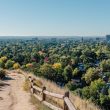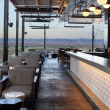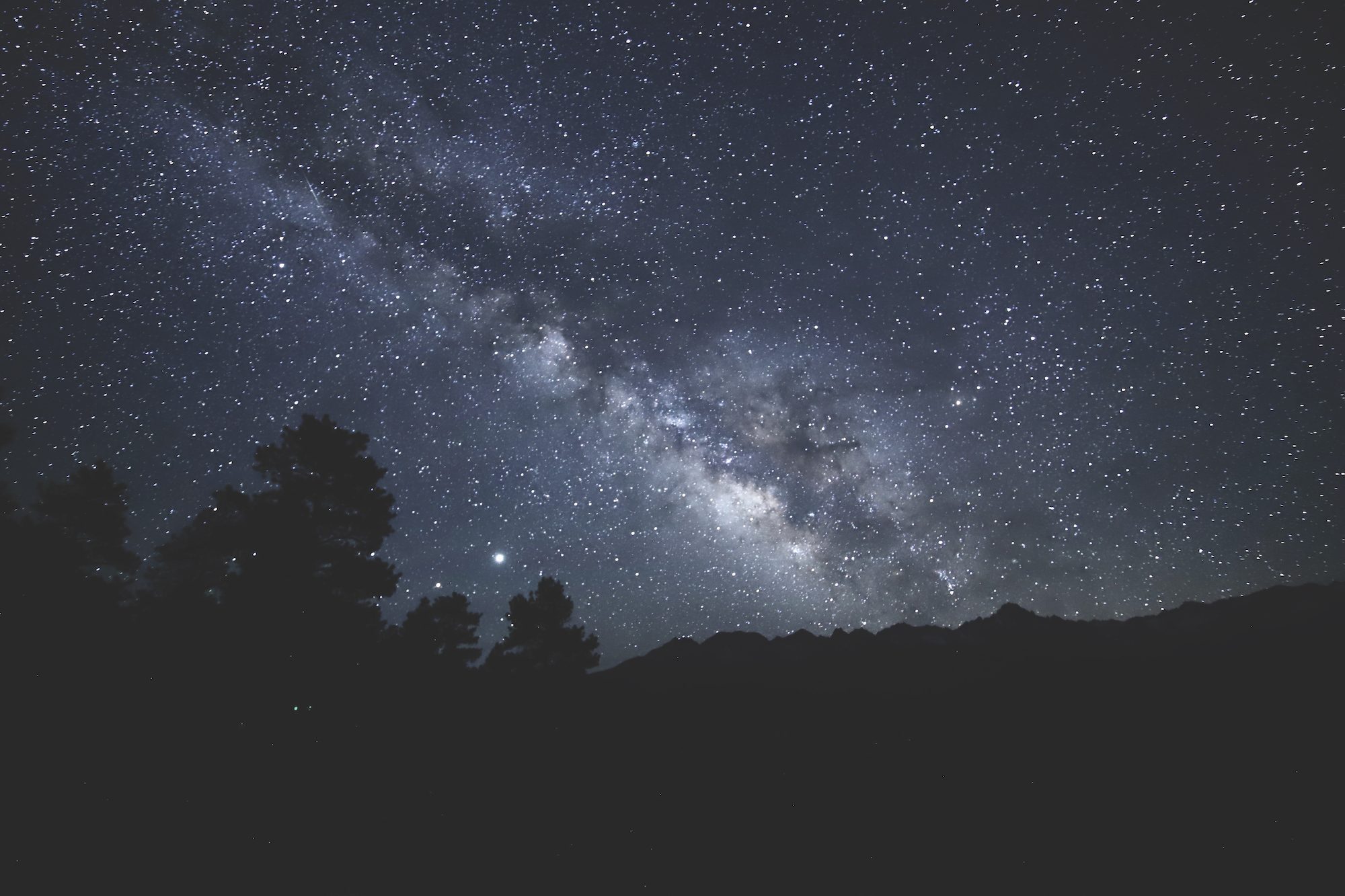It’s no secret that protecting the night sky has become a major priority for much of the Western states, including Colorado. With multiple International Dark Sky designations of Colorado’s communities and parks, Gov. Polis recently declared June the official Dark Sky Month in Colorado and signed House Bill H22-1382, which allocates grant funds to other applicants and communities seeking the same designation.
The title is awarded by the International Dark Sky Association (IDA), a non-profit based in Arizona that names communities and parks from around the world with Dark Sky designations for achieving exceptional stargazing status and implementing proper educational channels around how and why we need to preserve our night sky.
Westcliffe was the first in Colorado (ninth in the world) to receive the designation in 2015 and has since led the way for other Colorado communities and parks to follow suit. Some of the state’s most recent designations were granted to several of Colorado’s southwestern destinations, including Top of the Pines recreation area near Ridgway, Norwood, Naturita and Nucla.
Hit the road this summer and discover your map to the stars in Southwest Colorado with these dark sky communities and parks.
Gunnison Valley Observatory
The first stop is Gunnison. While Gunnison itself is not a designated Dark Sky community (although they fully expect to have their designation in a few years), the city does feature the state’s largest publicly accessed telescope at the Gunnison Valley Observatory. With its 14th year in operation, the 30-inch behemoth of a telescope is the perfect way to view the night sky up close.
Until August 20, 2022, they offer dome tours every Friday and Saturday. Led by a real-live astrophysicist, Suzanne Taylor, the tour guides the curious through the galaxy and beyond with a look through the telescope to see stars 23 million light-years away.
“The vast majority of the population, somewhere around 50%, cannot see the milky way anymore,” Taylor said. Even sometimes she’s asked, “what is that cloudy thing in the sky?” But for the team at the observatory, it isn’t just about preserving the night sky, it’s about sharing it with others.
Ridgway and Top of the Pines
In 2020, the town of Ridgway was granted the Dark Sky Community award, and more recently in late 2021, IDA has named Top of the Pines as an International Dark Sky Place. This designation became the 6th IDA-certified Dark Sky Park in southwestern Colorado and the 10th in the state.
TOP is a 175-acre recreation area that rests at the foot of the Sneffels Range near the town of Ridgway and Ouray. Just a short 15-minute drive from Ridgway, visitors are instantly granted access to incredible views, open space, trails, and a perfect place for stargazing. Frontier Park, situated along County Road 23, is another great option for stargazing in the Ridgway area.
Norwood
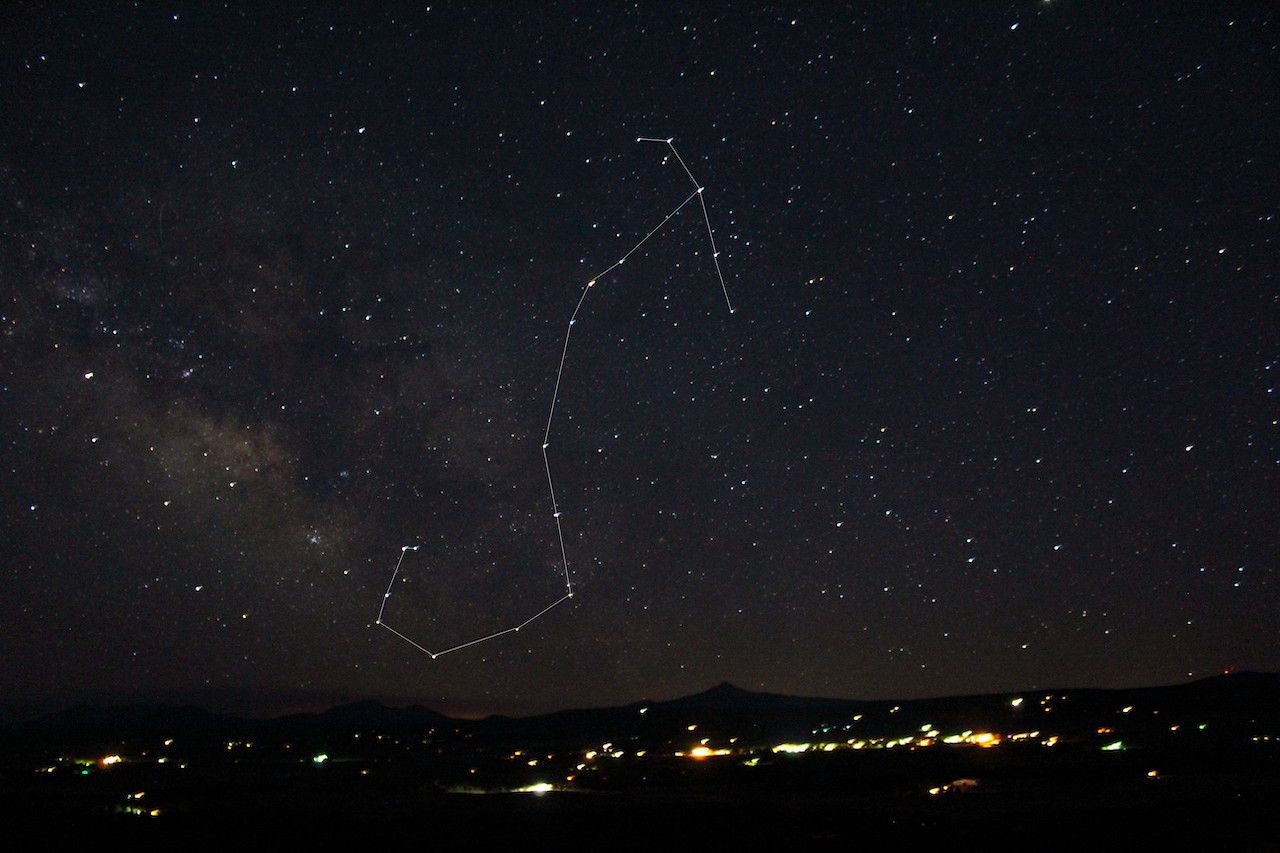
Roughly 45 minutes west of Ridgway, Norwood is a quiet community with the occasional thunder of motorcycles riding through town along the Unaweep-Tabeguache Scenic Byway but its real show lights up at night. Miles from any major city, surrounded by mountains, and its high elevation of 7,011 feet, the town, much like Westcliffe, Norwood ranks as one of the darkest skies in the world.
Designated in 2019 as a Dark Sky Community, second in Colorado, and 22nd in the world, Norwood registers on occasion at 21.9 on the sky quality meter, one of the instruments used by IDA to measure the brightness of the sky. For comparison, Denver registers at about a 13 and a reading of 22 would have to be somewhere near space.
Leaders of the Norwood Dark Sky Advocates, Creighton (Woody) Wood and John Metzger, president of the Norwood Chamber, both expressed overwhelming excitement about the town’s designation and the importance of preserving the night sky. “I don’t just look at Norwood anymore. We want to build a dark sky corridor” that stretches from the Black Canyon to the Grand Canyon, Metzger explained. “If you plan your trip according to the phases of the moon,” you can create a self-guided star-hopping tour of Southwest Colorado, which is, as Metzger said, a goal for this area of Colorado.
Really anywhere in town or nearby offers ample opportunity for stargazing including the Miramonte Reservoir. The community plans to host events similar to the Dark Sky parties in Westcliffe and wants to hopefully provide a place for people to bring their own telescopes and eventually build an observatory open to the public.
Naturita/Nucla
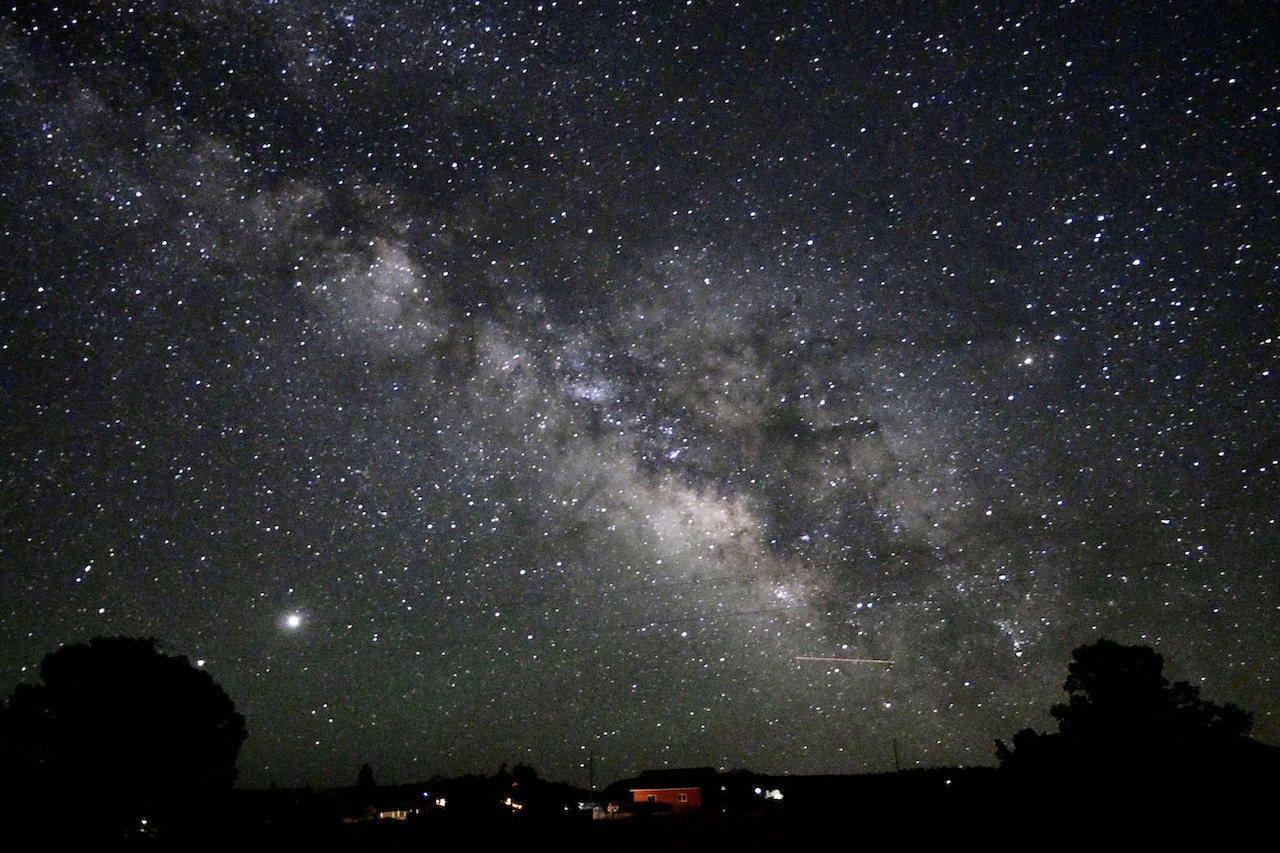
The nearby West End towns of Naturita and Nucla received their joint Dark Sky Community designations almost exactly a year ago. Realizing the value of this resource, locals formed the West End Dark Sky Alliance (WEDSA) in 2020 with the mission to preserve the dark sky and reduce light pollution through education and advocacy.
“Our night skies are what makes us unique here,” said Paula Brown, on the board of the Nucla-Naturita Area Chamber of Commerce. So much so, that a coalition was formed in April 2021, the Western Slope Dark Sky Coalition, to work towards designating the entire region a Dark Sky Region including Montrose, Mesa and San Miguel counties. Other advocates such as Nucla resident and dark sky champion Deb Stueber, say she is reaching for the stars to make, “Colorado the first Dark Sky State.”
While you can enjoy the night sky from anywhere due to Nucla and Naturita being surrounded by public lands, Paula says that the Hanging Flume overlook in the Dolores River Canyon, the airport plateau above town, Paradox Trailhead and anywhere within the Paradox Valley are great places for your next stargazing adventures.
Stargazing experience at CampV
Located between the towns of Naturita and Nucla, CampV stands alone on a hilltop as a quiet camp community on a mission to create a space that combines art, history, architecture, design, and outdoor recreation. On their quest to revive rural America and Colorado, they repurposed the abandoned community of Vancorum, a former mining camp, into a boutique camp for travelers.
Stay in one of their glamping tents, airstreams, or remodeled cabins. Or simply pitch your own tent for a night amongst the stars. For the full stargazing experience, sign up for their Stargazing + Snuggles package. Take a short hike up to the water tank (located on the property) for a private stargazing experience in the open-air tank platform. Snuggle up with blankets and pillows and a private fire outside the tank with mulled wine and chocolates. Navigate the Dark Sky with a Sky Chart for a self-guided tour of the galaxy or just enjoy the solitude and silence from one epic spot.
Make your full journey back to Denver via the road to Gateway or rather the Unaweep-Tabeguache Scenic Byway for stunning views during the day and a blanket of stars at night. Other notable stargazing stops to make in southwest Colorado include Black Canyon of the Gunnison National Park, Mesa Verde National Park, Curecanti National Recreation Area, Slumgullion Center and Hovenweep National Monument as other IDA-certified Dark Sky Parks in southwestern Colorado.
So what does it take to be a dark sky community or park? While there is a lot involved in not only getting the designation but maintaining it as well, Deb Stueber says there are a few small things we can do to help reduce light pollution overall, particularly in larger cities such as Denver:
- Light only what you need to
- Use energy-efficient bulbs and only as bright as you need
- Shield lights and direct them down
- Only use a light when you need it
- Choose warm white light bulbs
Don’t be afraid of the dark and remember to look up to understand the big picture!
All images were taken by Jessica Hughes, unless otherwise specified.

